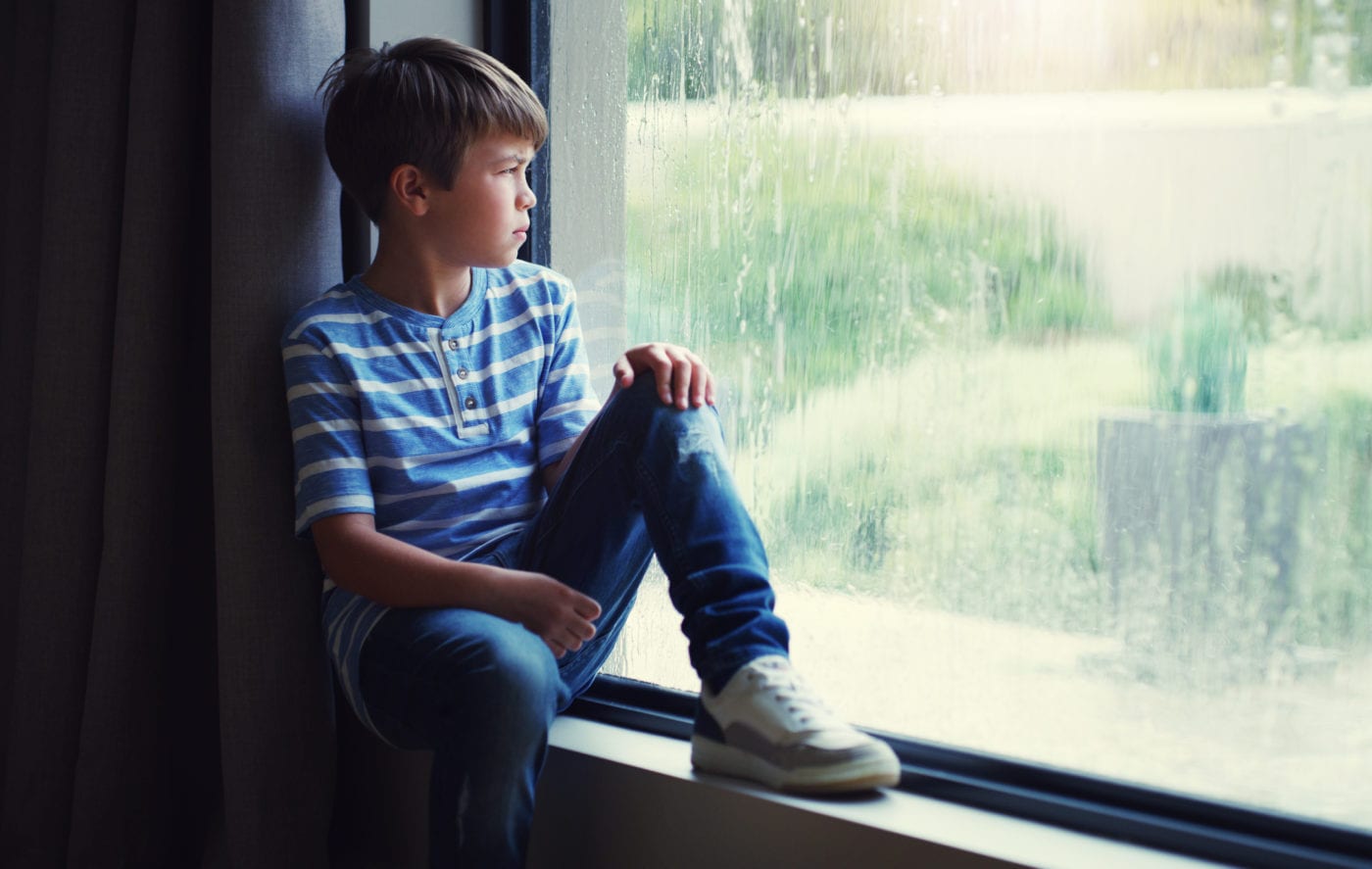Parenting a child who has experienced trauma isn’t easy. How do you help a child who has experienced the trauma of abandonment, physical and sexual abuse, the deaths of several friends, bullying, and depression, all before the age of 15? The truth is, I really don’t know because my children never experienced any of those things—but I did.
By the grace of God, I survived my childhood. And now I coach, mentor, and counsel men to help them do the same. And as I look back at the boy I once was, and the man I’ve now become, I can share 5 things I needed from my parents but never received after I experienced trauma.
1. Permission to share.
The only thing worse than experiencing trauma is keeping it a secret. I can tell you this from firsthand experience. I honestly felt like the abuse (among the other things) I experienced as a child would literally kill me, but it was actually suppression and the fear of sharing the trauma that drove me to want to kill myself. No one at school or even my mom knew what I was experiencing. And you know why? Because no one asked.
One of the best things you can do for children is constantly ask questions about their emotions, which gives them permission to share their trauma with you, regardless of how uncomfortable it may make you feel. It literally could save their lives.
2. Place to share.
Giving a kid permission to share their trauma with you is huge, but you also have to provide them with a safe place to share it. When I say, “safe place” I’m not talking about a physical place; I’m talking about an emotional one. Every child needs an emotionally safe place to share his or her trauma that’s free from judgment, shame, blame, guilt, or condemnation. No one asked me about my trauma and my hesitation to share it voluntarily was fueled by the fear of being blamed or not being believed.
It’s important to note that many parents, like my mom, may not know his or her child has experienced trauma. But some signs to look for are isolating themselves from others, defiant and reckless behavior, depression, overindulgence, addictive behavior, fits of rage, violence toward others, self-harm, and over-sexualized behavior.
The key is to always keep communicating and to make your heart the safest place your child ever can go to express his or her deepest hurts, doubts, fears, and insecurities.
3. Protection of what they share.
After children experience trauma, they’re not only concerned about telling you their secret; they’re also concerned about whether you’ll tell their secret to someone else.
Confidentiality can be tricky because you want to respect the child’s privacy but abuse also must be reported. So, what’s the remedy? Assure them that their secret is safe with you, but explain to them that the abuser must be reported so he or she can’t abuse again.
4. Personal care after they share.
Even though trauma can happen in an instant, the impact can be felt long after the incident itself. So, it’s important to provide long-term care for your child after he or she shares a trauma with you. The devil may be in the details of the trauma, but God’s healing is in the follow-through after the trauma. It’s important to care for children long after they share a trauma with you.
Check in periodically by asking simple open-ended questions like, “How are you feeling today on a scale of 1 to 10 and why?” “How can I pray for you today?” “What’s been weighing on you lately?” “What do you need to get off your chest?” “What do you need from me today?”
5. Professional help after they share.
After my childhood trauma, I needed help. Although I “survived” my childhood, I couldn’t outrun my past; the scars were just too deep. What I needed beyond a safe place to share and personal care was professional help. I eventually got that help through the form of Christian counseling.
Never depend on your own expertise to help your child heal; instead, lean on the help of a licensed counselor who can give you and your child a different perspective on the trauma.
Sound off: What else is important when you’re parenting a child who has experienced trauma?












Huddle up with your kids and ask, “What’s weighing on you today?”